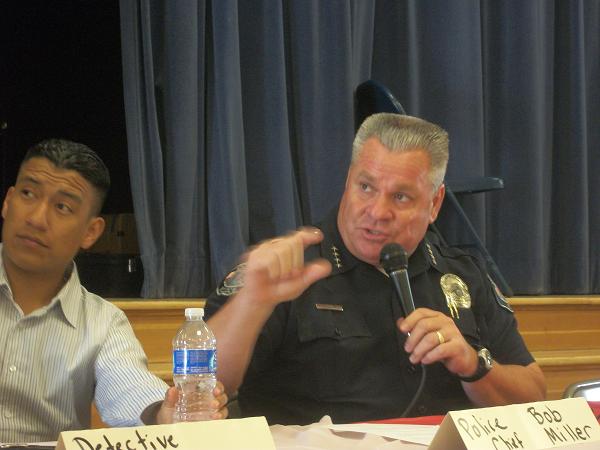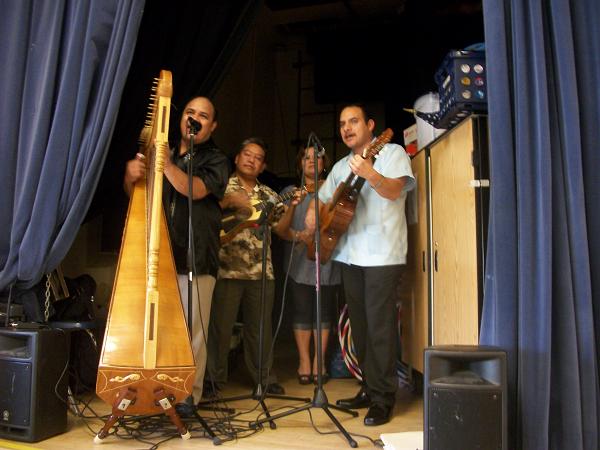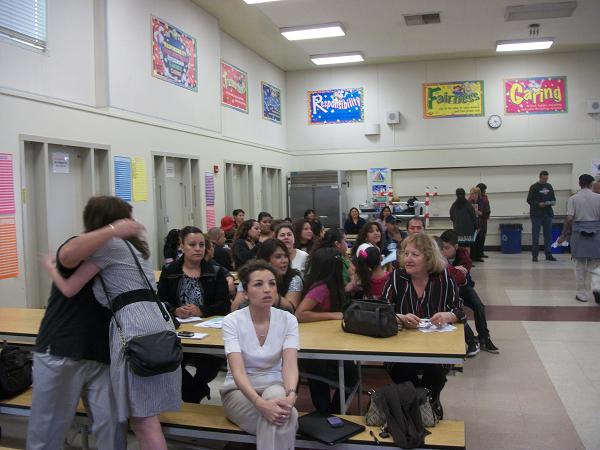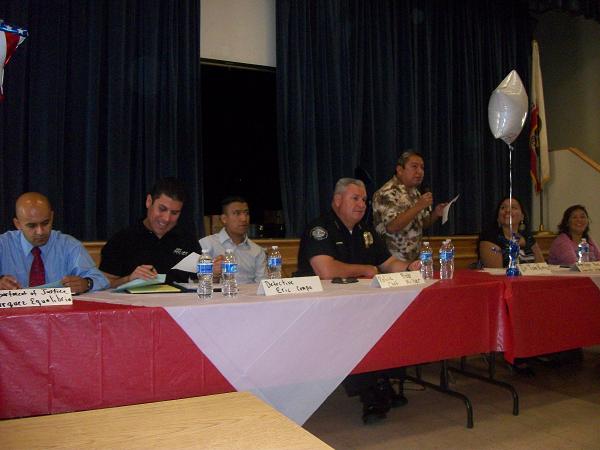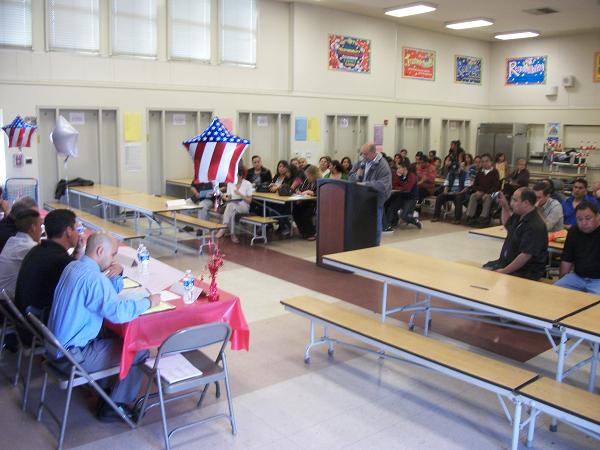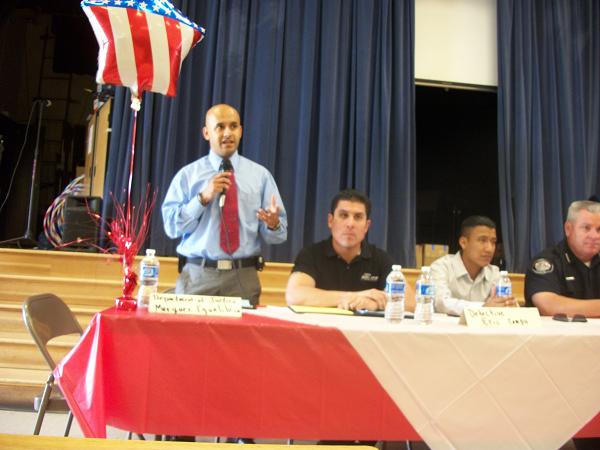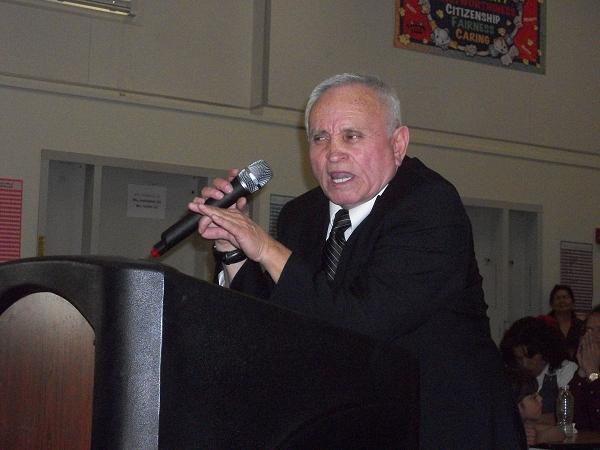| About Us | Contact Us | Calendar | Publish | RSS |
|---|
|
Features • latest news • best of news • syndication • commentary Feature Categories IMC Network:
Original Citieswww.indymedia.org africa: ambazonia canarias estrecho / madiaq kenya nigeria south africa canada: hamilton london, ontario maritimes montreal ontario ottawa quebec thunder bay vancouver victoria windsor winnipeg east asia: burma jakarta japan korea manila qc europe: abruzzo alacant andorra antwerpen armenia athens austria barcelona belarus belgium belgrade bristol brussels bulgaria calabria croatia cyprus emilia-romagna estrecho / madiaq euskal herria galiza germany grenoble hungary ireland istanbul italy la plana liege liguria lille linksunten lombardia london madrid malta marseille nantes napoli netherlands nice northern england norway oost-vlaanderen paris/Île-de-france patras piemonte poland portugal roma romania russia saint-petersburg scotland sverige switzerland thessaloniki torun toscana toulouse ukraine united kingdom valencia latin america: argentina bolivia chiapas chile chile sur cmi brasil colombia ecuador mexico peru puerto rico qollasuyu rosario santiago tijuana uruguay valparaiso venezuela venezuela oceania: adelaide aotearoa brisbane burma darwin jakarta manila melbourne perth qc sydney south asia: india mumbai united states: arizona arkansas asheville atlanta austin baltimore big muddy binghamton boston buffalo charlottesville chicago cleveland colorado columbus dc hawaii houston hudson mohawk kansas city la madison maine miami michigan milwaukee minneapolis/st. paul new hampshire new jersey new mexico new orleans north carolina north texas nyc oklahoma philadelphia pittsburgh portland richmond rochester rogue valley saint louis san diego san francisco san francisco bay area santa barbara santa cruz, ca sarasota seattle tampa bay tennessee urbana-champaign vermont western mass worcester west asia: armenia beirut israel palestine process: fbi/legal updates mailing lists process & imc docs tech volunteer projects: print radio satellite tv video regions: oceania united states topics: biotechSurviving Citieswww.indymedia.org africa: canada: quebec east asia: japan europe: athens barcelona belgium bristol brussels cyprus germany grenoble ireland istanbul lille linksunten nantes netherlands norway portugal united kingdom latin america: argentina cmi brasil rosario oceania: aotearoa united states: austin big muddy binghamton boston chicago columbus la michigan nyc portland rochester saint louis san diego san francisco bay area santa cruz, ca tennessee urbana-champaign worcester west asia: palestine process: fbi/legal updates process & imc docs projects: radio satellite tv |
printable version
- js reader version
- view hidden posts
- tags and related articles
Followup Meeting Between Colton Community and Policeby Rockero Monday, Mar. 14, 2011 at 8:35 AMrockero420@yahoo.com Saturday, March 12, 2011
After an opening serenade of traditional Son Jarocho music, the officials, along with representatives from Latinos Unidos de Colton and an official from the Justice Department's Office of Community Relations, took their seats on the dais at Alice Birney Elementary School.
Following the requisite formalities of introductions and a summary of the December meeting, Detective Campa, a thick-jowled family man and the department's new community liaison, read aloud the new policy directive, purportedly influenced by the community's recommendations. The document was in very legalistic language, but its content was fortunately made accessible by an adept interpreter, who both interpreted the statement and paraphrased it in such a way as to make it accessible to the community. The gist was that, while the vehicle code allows for impounding vehicles of unlicensed drivers for 30 days, the community caretaking doctrine says that law enforcement agencies should only do so if vehicles are obstructing traffic, are illegally parked, or are at risk of vandalism or theft. The new policy directive is that if a vehicle, once stopped, is parked in a person's driveway or carport or is in a safe parking lot, the car should generally not be impounded, although the officer will still have the discretion to do so if he or she believes that there is some danger or risk of danger to either the vehicle or the community. The other part of the directive indicates to officers that if a licensed driver is present within the vehicle to safely move it, it should likewise not be impounded. Other announcements, though not part of the new directive, included a statement by the chief that he had listened to conflict-of-interest concerns about the city's operation of an impound yard for towed vehicles and was seeking ways to do away with said yard. He also said that, while hesitant to create a "grace period" policy to allow time for a licensed driver to retrieve an otherwise-impoundable vehicle, he was willing to allow for such a period when the watch commander deemed it feasible. Time was subsequently allotted for questions about the new policy. The first question came from Veronica, a Latinos Unidos member. She wanted to know if the chief had spoken with the motorcycle officers about their conduct, because in her view, Officer Gomez and another officer known by the bandanna he wears, continue to harass community members. The chief explained that he had spoken with the officers, and that since the motorcycle officers were assigned to traffic detail, their job was specifically to stop motorists. The second question came from Yolanda, who also complained about Officer Gomez. She was parked at a liquor store, she testified, and was detained by Gomez allegedly because her headlights were not functioning. When she turned on the vehicle to demonstrate that the lights did indeed function, the officer impounded the vehicle. The woman's fifteen-year old daughter asked when she would be eligible for a license, and the officer replied, "Never, 'cause you're illegal just like your mom." A minor dispute between the minor and the officer ensued during which the girl stood up against the abuse and defended her rights as a citizen. The officer not only impounded the vehicle, but also confiscated Yolanda's only identification and her insurance papers, and being without an ID has caused her several problems. "How can I get my ID back?" she asked. Chief Miller asked her to see him and Det. Campa after the meeting. He then asked her a question, "What would you do if you were the chief of police and you heard a testimony like the one you just shared?" "What would I do?" The woman paused. "First, I would put myself in the position of the officer, and I would only stop people who were breaking the law or causing some danger. I don't have a license, it's true, but I have to drive because there's no alternative. I realize I'm taking a risk, and that's why I'm extra careful not to break any traffic laws, and there's no way your officers can know I don't have a license just by how I'm driving." She continued, "But if I were chief, I suppose what I would do is join the community in its efforts to ensure that all California residents have access to a driver's licesnse regardless of their immigration status." Cheers and a raucous burst of applause followed. One of the meeting's organizers then shared that, through the Justice for Immigrants Coalition, community organizations were working to lobby for precisely that sort of legislation in Sacramento. The next question came from a man who said that he had been similarly profiled, and shared an incident in which he had sought to avoid a checkpoint in the neighboring city of San Bernardino and was unlawfully detained. In that instance, the officer refused to inform him as to why he was stopped. "Why do the police do this?" he asked. Chief Miller said that he understood the concern about checkpoints and that his department had not conducted one in three years. He also disavowed any claim to jurisdiction over San Bernardino. His recommended procedure was to ask a detaining officer why a stop was being made, and if the information was not granted, to ask for the officer's name and badge number, and if that information was not revealed, then to ask for a supervisor. "As to why we do what we do, that's a conversation that could take two hours. For a lot of cops it's a vocation, a calling." Marquez Equalibria, the official from the Justice Department, echoed the chief. "Chief Miller said that this conversation could go on for hours, and he's right. What's important here is that you, as a community, have opened up a dialogue with your police department, and there's no reason for that dialogue to end."
Report this post as:
002by Rockero Monday, Mar. 14, 2011 at 8:35 AMrockero420@yahoo.com
Son jarocho
Report this post as:
003by Rockero Monday, Mar. 14, 2011 at 8:35 AMrockero420@yahoo.com
Comunidad
Report this post as:
004by Rockero Monday, Mar. 14, 2011 at 8:35 AMrockero420@yahoo.com
Distinguished guests
Report this post as:
005by Rockero Monday, Mar. 14, 2011 at 8:35 AMrockero420@yahoo.com
Many present
Report this post as:
006by Rockero Monday, Mar. 14, 2011 at 8:35 AMrockero420@yahoo.com
Summary
Report this post as:
007by Rockero Monday, Mar. 14, 2011 at 8:35 AMrockero420@yahoo.com
What is the Office of Community Relations?
Report this post as:
008by Rockero Monday, Mar. 14, 2011 at 8:35 AMrockero420@yahoo.com
The abuses continue...
Report this post as:
009by Rockero Monday, Mar. 14, 2011 at 8:35 AMrockero420@yahoo.com
Why do cops do what they do?
Report this post as:
010by Rockero Monday, Mar. 14, 2011 at 8:35 AMrockero420@yahoo.com
We need to change the laws!
Report this post as:
|



